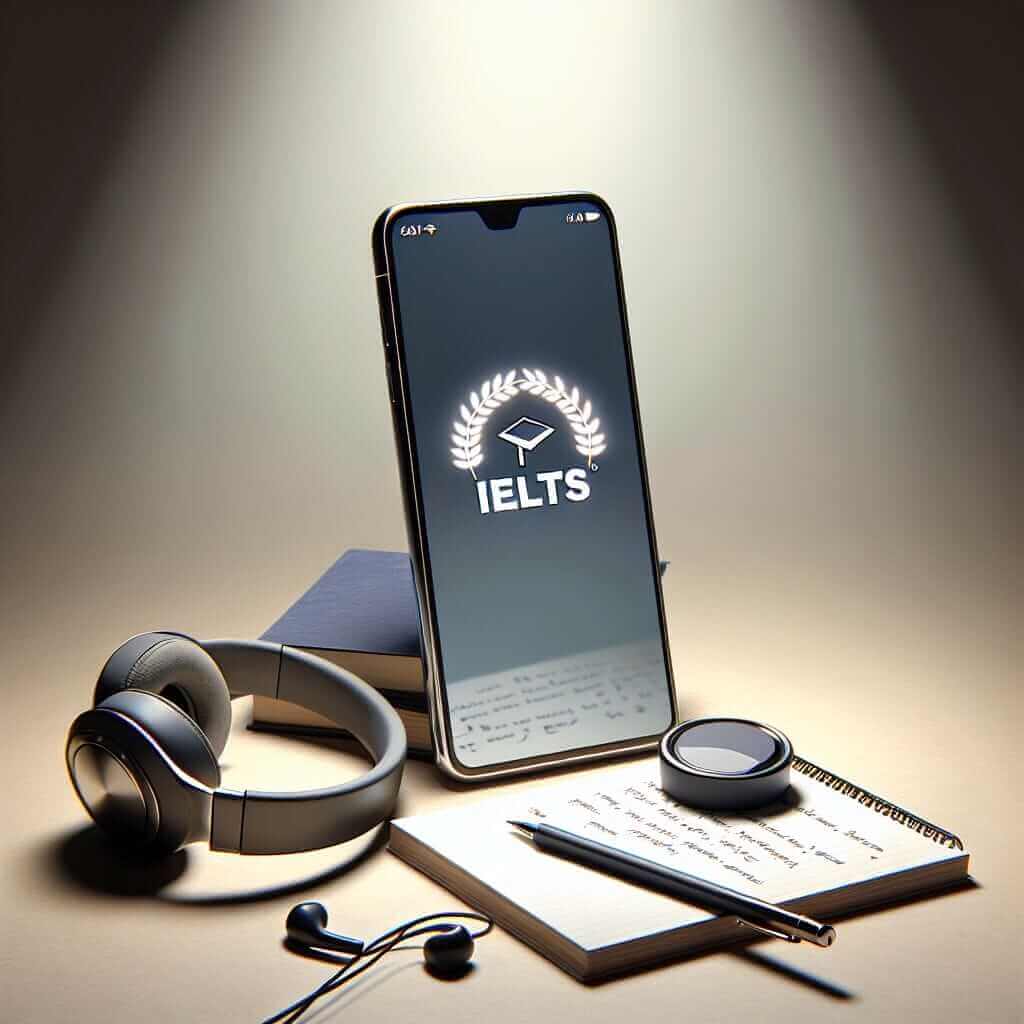As an IELTS instructor with over two decades of experience, I’ve witnessed firsthand the evolving landscape of education and the ubiquitous presence of smartphones in our lives. The question of whether students should use smartphones in class, particularly in the context of IELTS preparation, is a multifaceted one with no easy answers. This article delves into the pros and cons, offering insights to both students and educators navigating this digital dilemma.
Nội dung bài viết
The Smartphone Conundrum: Distraction or Valuable Tool?
While some argue that smartphones are detrimental to the learning environment, others believe they can be valuable assets when used strategically. Let’s examine both sides of this debate.
Arguments Against Smartphone Use in Class:
- Distraction: Smartphones are notorious for diverting students’ attention away from the lesson. Social media notifications, text messages, and even the temptation to browse irrelevant content can significantly hinder focus and engagement.
- Cheating: The ease with which smartphones can access information raises concerns about academic dishonesty, especially during exams or quizzes.
- Impeded Social Interaction: Excessive smartphone use can limit face-to-face interaction and hinder the development of essential communication skills, which are crucial for the IELTS Speaking test.
Potential Benefits of Smartphones in Education:
- Access to Information: Smartphones provide instant access to a wealth of knowledge, including online dictionaries, grammar resources, and IELTS practice materials.
- Engaging Learning Tools: Educational apps, interactive exercises, and multimedia content can enhance the learning experience and cater to different learning styles.
- Recording and Note-Taking: Smartphones can be used to record lectures or take notes, particularly useful for students who struggle with traditional note-taking methods.
 Smartphone for IELTS Preparation
Smartphone for IELTS Preparation
IELTS Implications: Striking a Balance
In the context of IELTS preparation, the impact of smartphone use becomes even more nuanced. While the IELTS exam strictly prohibits smartphone use, these devices can be valuable study aids outside the test environment.
- Vocabulary Building: Students can utilize vocabulary-building apps, online dictionaries, and flashcard tools to expand their lexical range, which is crucial for all sections of the IELTS exam.
- Listening Practice: Podcasts, audiobooks, and English-language news apps offer authentic listening practice, honing comprehension skills needed for the IELTS Listening test.
- Speaking Practice: While not a substitute for real-life interaction, language exchange apps and online forums can provide opportunities for students to practice their English speaking skills.
Tips for Effective Smartphone Use in IELTS Preparation:
- Establish Boundaries: Set specific times for studying and limit smartphone use outside of those periods to minimize distractions.
- Utilize Productivity Apps: Explore apps designed to block distracting websites and apps during study sessions.
- Prioritize Real-World Practice: Remember that smartphones are just tools. Engage in conversations with English speakers, participate in group discussions, and seek feedback from your IELTS instructor to maximize your learning.
Conclusion:
The key takeaway is that smartphones, like any tool, can be both beneficial and detrimental to learning, depending on how they are used. By establishing clear boundaries, prioritizing real-world practice, and leveraging their potential for language learning, students can harness the power of smartphones to complement their IELTS preparation journey. Remember, the ultimate goal is to develop a strong foundation in English language skills that extends beyond the confines of any device.


